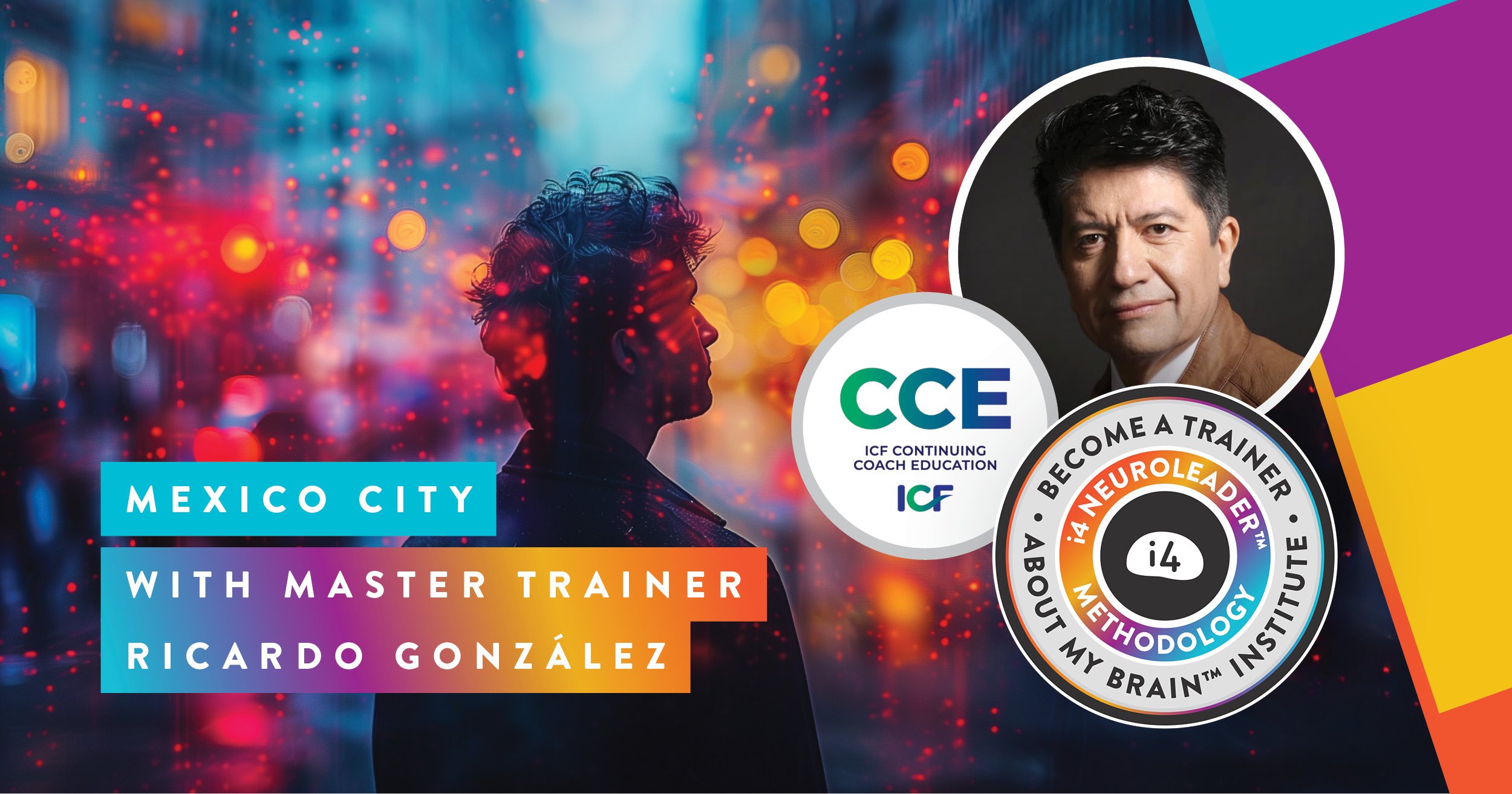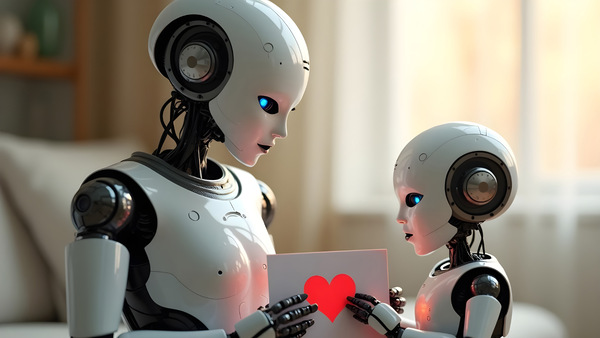Train To Be A Plumber: Future-Proofing Ourselves Through Eclectic Learning
After listening to Geoffrey Hinton on The Diary of a CEO, I was struck not just by his deep concern about AI’s trajectory, but by his pragmatic advice: “Train to be a plumber.” This article aims to explore what this advice really means and why, as a Learning & Development professional, I believe eclectic learning, holistic education and continuous development are more critical than ever.
AI Is Here And It’s Already Taking Jobs
In a powerful and thought-provoking interview with Steven Bartlett, Geoffrey Hinton, one of the key pioneers behind today’s most powerful AI models, shared his outlook on artificial intelligence and the looming changes it presents to humanity. He didn’t mince words. The machines are coming and they’re coming fast.
What was most surprising, though, was the career advice he offered: “Train to be a plumber.”
His point was about adaptability. AI is already proving superior in tasks involving language, logic, data analysis and even creative generation. But motor-skill-heavy, hands-on professions remain largely untouched.
More than that, this advice is symbolic. It reminds us that we must reinvest in the types of learning and work that are rooted in human experience, the things that are hardest to replicate through algorithms.
Learning Continuously Isn’t a Luxury, It’s a Necessity
In our book Brain-Friendly Leadership, Juan Carlos Cubeiro and I discuss “Learning Continuously” as one of the nine essential habits for leading and living in an increasingly complex world. With Hinton’s warning ringing in our ears, that habit has never felt more urgent.
As someone working in the Learning & Development field for more than two decades, I can envision that the future belongs to those who are adaptable, emotionally intelligent and equipped with a broad range of experiences. Our systems of education, both formal and informal, must shift away from narrow specialisation and move toward eclectic, embodied and emotionally grounded learning.
If I were to advise my own children on what to learn today, I wouldn’t just say: “Study AI.” I would say:
- Take art classes and coding workshops
- Join a debating team and learn a sport
- Enrol in meditation, improv theatre and robotics
- Travel, volunteer and build things with your hands
This is what I call holistic development. It fosters not just knowledge but confidence, adaptability, resilience and a deep understanding of oneself and others, qualities that no AI can replicate.
Case Study: The Future Is Already in China’s Kindergartens
While reflecting on Hinton’s words, I also came across a video showcasing daily life in a Chinese kindergarten. What struck me wasn’t just the joy and energy of the children, but the sheer richness of their developmental environment.
These children are not just playing, they are learning physical coordination through obstacle courses and hula hoops, building things with real tools, cooking their own meals and even planting trees for future generations. They clean, cooperate, explore and take responsibility for their environment.
This is a masterclass in embodied, experiential education. They are gaining life skills, teamwork, motor coordination and sustainability awareness from the earliest years. This is about preparing youngest minds for an uncertain future.
This is not just about childhood. It is a cultural mindset shift that we urgently need to consider adopting on a wider scale.
To illustrate how human strengths can complement or counterbalance AI capabilities, I’ve summarised key domains where humans still have a unique edge and the kinds of learning experiences that help nurture those strengths. This table serves as a practical guide to what I believe we should be emphasising in education, leadership and personal development moving forward:

The Professions That May Endure
Not all jobs are created equal in the face of AI. Here are some domains I believe will continue to be essential in the coming decades:
- Healthcare & Aged Care: Machines can diagnose, but they cannot comfort, care or empathise in a way that feels truly human.
- Education: Especially in the formative years, where emotional, social and physical development is critical.
- Mental Health Support: Empathetic presence and human connection cannot be simulated.
- Trades & Crafts: From plumbing to carpentry, these roles require real-world dexterity and judgment.
- Facilitation & Meaning-Making: Helping people navigate complexity and uncertainty is a human strength we must cultivate further.
In essence, AI may become better at doing, but we must become better at being.
Purpose Isn’t Programmable
What was interesting to see in the interview was Hinton’s vulnerability. He shared his regrets about not spending enough time with his wife before she passed and with his children when they were young.
This was a poignant reminder: AI may displace jobs, but the deeper danger is its impact on our identity and sense of purpose.
When work disappears or transforms beyond recognition, what happens to people’s self-worth? A universal basic income may solve financial hardship, but it won’t solve emotional displacement. Humans are wired to contribute, to matter, to create meaning.
This is why education and leadership must evolve. Learning should not just prepare us for the job market. It should help us become fuller humans.
The Time To Act Is Now
When asked about the biggest short-term threat to human happiness, Hinton was clear: mass unemployment. And it’s already happening. AI agents are replacing human workers in industries like customer service at an unprecedented pace.
This is why I believe we must:
- Reimagine education as eclectic, holistic and embodied
- Promote lifelong learning in leadership and development
- Prioritise presence, creativity and emotional awareness
- Encourage diverse experiences, not just linear careers
Whether the future calls for more plumbers, artists or community builders, one thing is clear:
We must build minds and lives that machines cannot replicate.
My Intent
My intent with this article is to help us reflect as a society about the future that is already here. I am as speechless as many of you may be when confronting the scale of change AI brings.
But instead of paralysis, let’s choose creativity.
We cannot wait until we no longer know what to do. We must positively continue to build a world where our children, our teams and our societies can adapt with purpose and humanity.
A Call To Action
Are you leading a team, parenting a child, or guiding your own learning journey?
Ask yourself:
- Am I encouraging holistic development?
- Am I preparing for a world where adaptability matters more than certainty?
- What part of my life or work still needs more emotion, movement, creativity or collaboration?
Let’s evolve how we live, learn and lead.
- i4 Neuroleader (353)
- Leadership & Culture (336)
- Brain Health & Wellbeing (206)
- Innovation (97)
- Performance (85)
- Our News (79)
- Collaboration (68)
- Agility (53)
- Practitioner Stories (44)
- In The Press (36)
- Make Me A Leader (33)
- Balance (31)
- Integration (30)
- Imagination (29)
- Awareness (23)
- Brain-Friendly Channel (22)
- Brain-Friendly Leadership (22)
- Communication (22)
- Curiosity (21)
- Inspiration (19)
- Intuition (19)
- Attitude (17)
- Courage (16)
- Adaptability (14)
- Case Studies (14)
- Drive (14)
- Generosity (13)
- Ethics (9)
- Mental Readiness (9)
- Influence (8)
- Retreat (8)
- Brain-Friendly Leadership (1)
- Oracle Cards (1)
- 1 November 2025 (2)
- 1 September 2025 (3)
- 1 August 2025 (5)
- 1 July 2025 (5)
- 1 June 2025 (2)
- 1 April 2025 (1)
- 1 March 2025 (8)
- 1 February 2025 (3)
- 1 September 2024 (4)
- 1 July 2024 (2)
- 1 June 2024 (6)
- 1 May 2024 (2)
- 1 April 2024 (3)
- 1 March 2024 (1)
- 1 November 2023 (1)
- 1 August 2023 (1)
- 1 July 2023 (2)
- 1 June 2023 (2)
- 1 May 2023 (4)
- 1 April 2023 (2)
- 1 March 2023 (7)
- 1 February 2023 (4)
- 1 January 2023 (1)
- 1 September 2022 (1)
- 1 May 2022 (3)
- 1 April 2022 (1)
- 1 March 2022 (5)
- 1 February 2022 (4)
- 1 January 2022 (4)
- 1 December 2021 (2)
- 1 November 2021 (4)
- 1 October 2021 (3)
- 1 September 2021 (6)
- 1 August 2021 (1)
- 1 April 2021 (1)
- 1 December 2020 (2)
- 1 November 2020 (1)
- 1 September 2020 (1)
- 1 August 2020 (1)
- 1 July 2020 (3)
- 1 June 2020 (4)
- 1 May 2020 (3)
- 1 April 2020 (4)
- 1 March 2020 (6)
- 1 February 2020 (4)
- 1 January 2020 (2)
- 1 December 2019 (3)
- 1 November 2019 (3)
- 1 October 2019 (5)
- 1 September 2019 (4)
- 1 August 2019 (4)
- 1 July 2019 (4)
- 1 June 2019 (5)
- 1 May 2019 (9)
- 1 April 2019 (9)
- 1 March 2019 (8)
- 1 February 2019 (7)
- 1 January 2019 (8)
- 1 December 2018 (5)
- 1 November 2018 (10)
- 1 October 2018 (16)
- 1 September 2018 (9)
- 1 August 2018 (10)
- 1 July 2018 (9)
- 1 June 2018 (8)
- 1 May 2018 (9)
- 1 April 2018 (9)
- 1 March 2018 (9)
- 1 February 2018 (8)
- 1 January 2018 (8)
- 1 December 2017 (6)
- 1 November 2017 (9)
- 1 October 2017 (9)
- 1 September 2017 (8)
- 1 August 2017 (10)
- 1 July 2017 (8)
- 1 June 2017 (8)
- 1 May 2017 (9)
- 1 April 2017 (8)
- 1 March 2017 (6)
- 1 January 2017 (3)
- 1 December 2016 (4)
- 1 November 2016 (5)
- 1 October 2016 (4)
- 1 September 2016 (2)
- 1 August 2016 (4)
- 1 July 2016 (4)
- 1 June 2016 (2)
- 1 May 2016 (3)
- 1 April 2016 (3)
- 1 March 2016 (7)
- 1 February 2016 (2)
- 1 January 2016 (5)
- 1 December 2015 (2)
- 1 November 2015 (2)
- 1 October 2015 (4)
- 1 September 2015 (2)
- 1 August 2015 (2)
- 1 July 2015 (1)
- 1 June 2015 (3)
- 1 May 2015 (4)
- 1 April 2015 (5)
- 1 March 2015 (3)
- 1 February 2015 (3)
- 1 January 2015 (3)
- 1 December 2014 (3)
- 1 November 2014 (3)
- 1 October 2014 (3)
- 1 September 2014 (5)
- 1 August 2014 (4)
- 1 July 2014 (5)
- 1 June 2014 (3)
- 1 May 2014 (1)
- 1 March 2014 (1)
- 1 December 2013 (2)
- 1 November 2013 (1)
- 1 July 2013 (1)
- 1 June 2013 (1)
- 1 May 2013 (3)
- 1 April 2013 (1)
- 1 March 2013 (2)
- 1 February 2013 (1)
- 1 January 2013 (2)
- 1 November 2012 (1)
- 1 October 2012 (1)
- 1 September 2012 (1)
- 1 August 2012 (2)
- 1 July 2012 (1)
- 1 June 2012 (1)
- 1 May 2012 (2)
- 1 April 2012 (1)
- 1 February 2012 (1)
- 1 January 2012 (1)
- 1 November 2011 (1)
- 1 October 2011 (3)
- 1 September 2011 (2)
- 1 July 2011 (1)
- 1 June 2011 (1)
- 1 May 2011 (1)
- 1 April 2011 (1)
- 1 March 2011 (1)
- 1 February 2011 (2)
- 1 January 2011 (4)
- 1 December 2010 (4)
- 1 November 2010 (3)
- 1 October 2010 (5)
- 1 September 2010 (4)
- 1 August 2010 (4)
- 1 July 2010 (3)
- 1 June 2010 (4)
- 1 May 2010 (7)
- 1 April 2010 (5)
Subscribe by email
You May Also Like
These Related Stories

When Arrogance Works Against You: Leadership Lessons From The Titan Submersible Disaster

The Power Of Neuroscience In Executive Development With Ricardo González




No Comments Yet
Let us know what you think